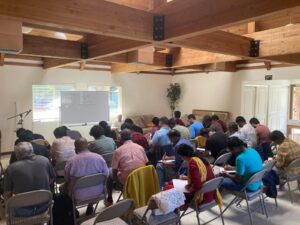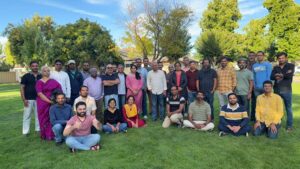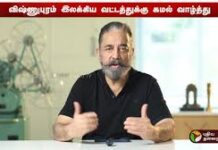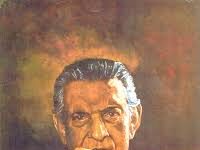 Hello J,
Hello J,
A few of my friends who couldn’t attend your novel-writing workshop in Walnut Creek, California, on October 12, 2025, asked me to share my thoughts. I wrote this for them and thought I’d share it with you too.
When reading a good novel, there comes a moment when the story takes off. The words disappear, and a world begins, a world we can live in. It’s different from watching a movie because films lack the mind voices. Only in certain great novels, when we hear those inner voices and see the world they live, we feel alive within it. We remember it like a lived experience, something from which we can draw real lessons about life. Harry Potter and War and Peace have felt that way to me. (I have not read much in Tamil, but read a lot in English) How do the masters create a living experience out of mere words? I attended your novel-writing workshop in California hoping to understand this.
The workshop began with the question of why we should write a novel. I used to have two reasons for not writing: Who would be interested in what I write? And if no one is, then why should I write at all? After this workshop, I found a new reason to write, which is to create a space in society for people who have similar opinions like me.
The workshop then moved to the rules of writing a novel. Picasso could strike his brush effortlessly and still produce great art, but if someone who has not mastered art paints effortlessly, it would only result in a meaningless scribble. The same goes for writing. My main takeaway from the workshop was that writing follows certain rules and has a form. Tolstoy or Rowling make their story flow so naturally that it feels effortless, deceiving us into thinking that writing a novel requires no rules. As you explained the rules – an opening that startles, a theme, a plot, a character arc and many other rules, I could clearly see how they appear in both Harry Potter and War and Peace. In fact, I was surprised to realize how strictly great writers follow them.

One rule, which I have never heard before this workshop, but seen in many good books and movies is the “no shift” rule, meaning no major change in theme, character or location. A reader might feel cheated with a novel that does not follow this rule. This gave me clarity on why I lost that connection to certain novels and movies when they deviate from this rule.
The workshop also revealed the gap between what beginners can’t do and what masters can. For example, a beginner’s story needs a strong, clear ending, because a subtle or silent “know yourself” ending demands superior language skills, something only an experienced writer can manage.
I was also fascinated by the rules of characters, especially how one character, positively or negatively, ignites a transformation in another. It reminded me of Malfoy being the reason for Harry to fly for the very first time and in War and Peace in which Pierre shooting Dolokhov became the starting point for his spiritual journey.
Finally, the greatest takeaway was about the writing process itself: word vomit. Let the words spill out, write everything that comes to mind, and only later shape it into form. What surprised me most was that even the masters follow this process. However, they have practiced it so much that very little editing is needed after the first draft. For a beginner, the key is to keep writing, to fill a thousand pages before even judging whether it is worth continuing. It is only through that volume and chaos that clarity slowly begins to appear.
I am not sure if I can complete writing a novel, or if my writing will be remembered like a lived experience, but after attending this workshop, I found the reason and guidance to at least attempt writing one.
Thanks,
Pramothini











